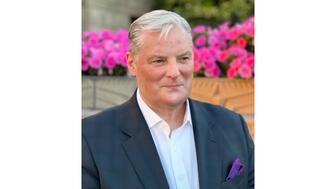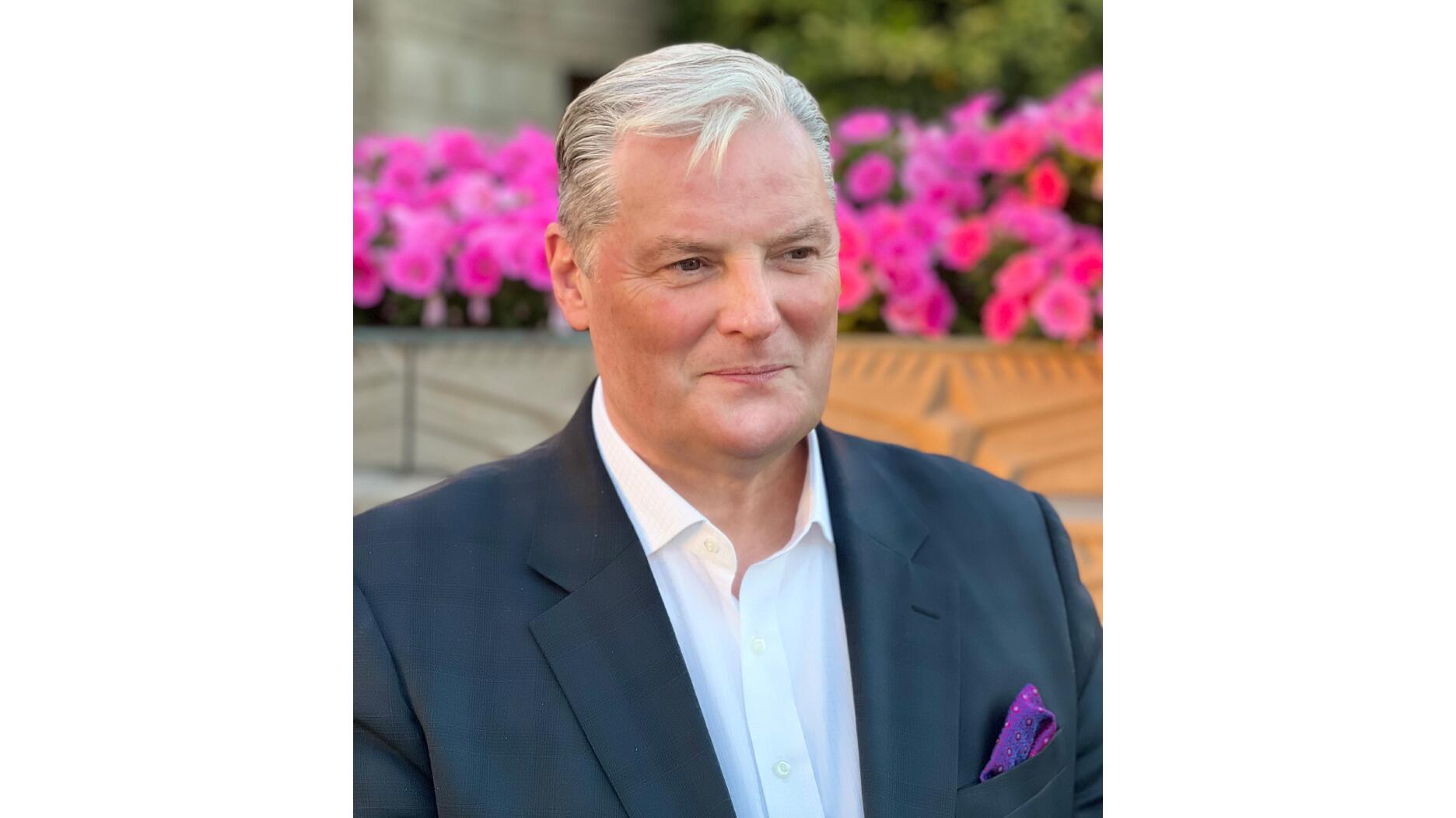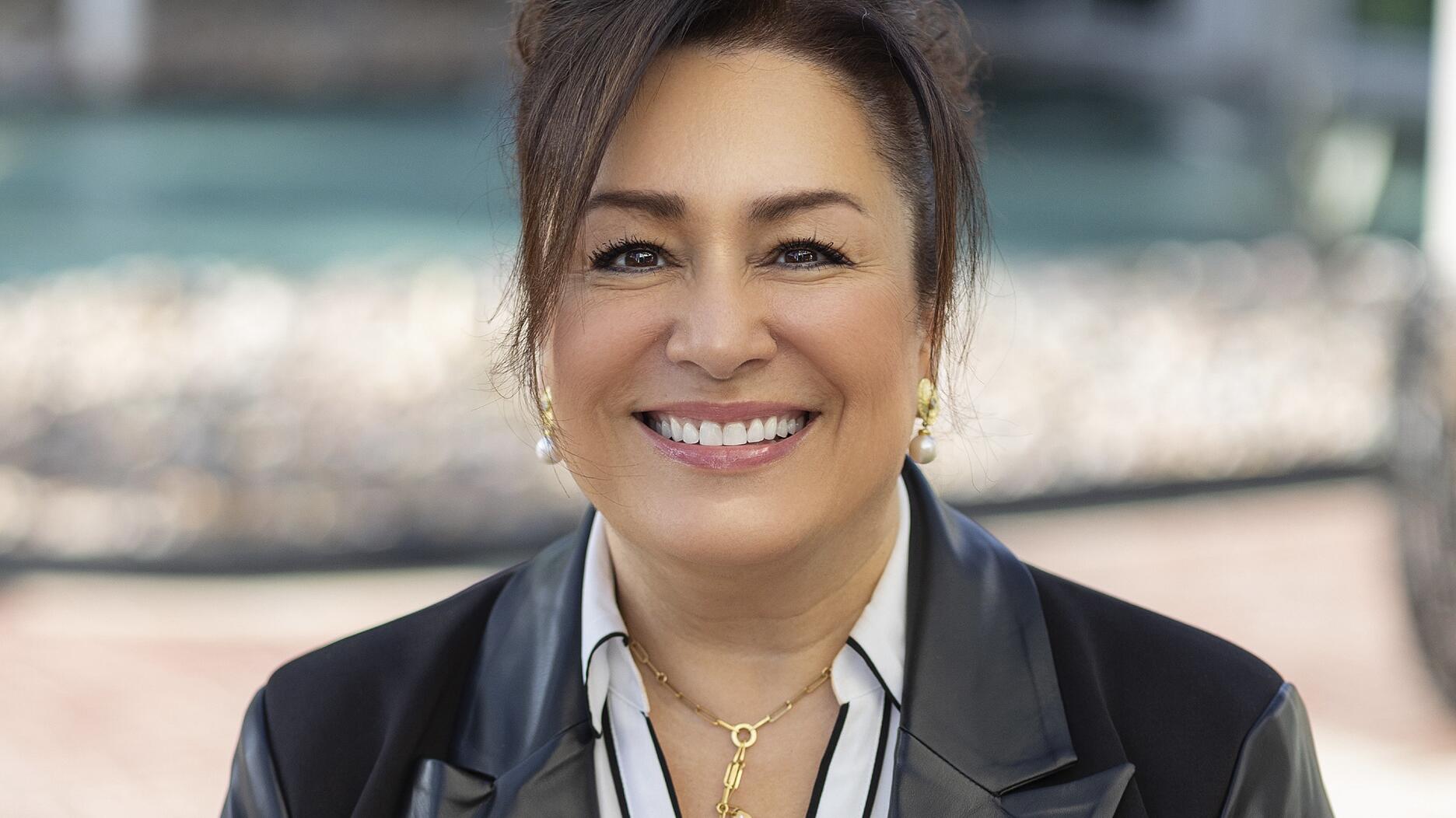The ‘Up System’ in Retail: Foolish or Fair?
Does having salespeople take turns waiting on customers make sense for jewelers, their employees, or their customers? Peter Smith opines.

If I was so inclined, my consulting business for suppliers and retailers could exist on a diet of phone calls, emails, and Teams calls.
However, I’d rather give up my first born (sorry, Ronan, someone’s gotta take one for the team!) than commit to a life spent in an office, without visiting customers.
You have to go to the source and breathe the oxygen on the front lines. There is no substitute for engaging with retail sales personnel in person, hearing about their challenges and issues, and observing the way they go about their business, be it good or bad.
I was reminded of this last week when, after I had completed my Sales Masterclass, a conversation ensued about the “Up System,” the practice of having all available salespeople take turns engaging with visiting customers.
If you, for example, have five salespeople, each salesperson has the opportunity to engage with every fifth customer, sort of like the Golden State Warriors having Steph Curry taking every fifth shot, or Kansas City Chiefs quarterback Patrick Mahomes taking every 11th snap.
OK, I confess to indulging in hyperbole there, but just a little.
A comment from a salesperson really got me thinking about how misunderstood the Up System is. He said, “We do it because it’s the fair thing to do!”
But who is it fair to? Is it fair to the business? Is it fair to the most talented salespeople? Is it fair to the least talented salespeople?
And, most importantly, is it fair to the customers?
In this case, the salesperson believed it was fair because he is fundamentally a decent man. His empathy was on full display, and I sensed a real sincerity in his sentiment.
Most of us can relate to the basic premise of fairness. We like an environment where our salespeople feel happy, where Pandora is always playing our favorite songs, and where the scent of baking chocolate-chip cookies constantly invigorates our olfactory senses. Alas…
Let’s examine the four questions.
1) Is it fair to the business?
If you believe your business exists for reasons unrelated to commerce, please stop reading now. The rest of this column will do nothing to make you feel good about me or you, and it is highly unlikely that my rationale will change your view that you are either a museum, or a benevolent charity.
The rest of you should read on.
Businesses exist to do business. For clarity’s sake, that means profitable sales. It’s what enables us to pay staff, pay vendors, keep the lights on, pay the rent or mortgage, market the business, and pay our taxes. It is, at its most fundamental level, the stuff that fuels a business’ very existence.
It should not be “fairness” that dictates our sales infrastructure, but what gives the business the very best opportunity for success.
However well-intentioned, any system that conspires to relegate the most talented salespeople to an equal footing with the least talented salespeople is not fair to the business. It is reductive and counterintuitive.
If you have traditionally deployed the Up System, look at your historic sales results. Are they equal across all salespeople, or are certain people consistently performing at a higher level, and others consistently underperforming despite the Up System?
That difference is talent, and those top performers are operating at that level despite your best efforts at leveling the playing field.
2) Is it fair to the most talented salespeople?
For clarity, the most talented salespeople are the folks who sell the most on a consistent basis year in and year out. They are the most productive people on your team regardless of your compensation plan or your stance on using the Up System.
They are the people you rely on most to deliver results when you’re having a tough week or month.
When you sit down to sketch out your goals forecast, they carry the biggest chunks of it and they overdeliver time and again.
In a world of declining foot traffic, your best salespeople drive more customers into the store through their own outreach efforts and they convert more of them at a higher average ticket than their less accomplished colleagues.
When the going gets tough, they willingly accept the pressure to make sales happen and to pull the proverbial rabbit from the hat.
They are intrinsically motivated to sell, and they fundamentally believe the customer is better off for having done business with them.
To paraphrase Apple’s Tim Cook, the most talented salespeople believe their role is to give you something you didn’t think you needed and then, having purchased it, you wonder how you ever lived without it.
3) Is it fair to the least talented salespeople?
The least talented salespeople, at best, are motivated by a desire to serve, not sell. Sales are, for too many of them, nice to have but ultimately secondary to delivering pleasant service and interesting (to them at least) product information.
They believe the customer will tell them if he or she wants to buy (no need to be pushy) and you could build monuments to memorialize the number of customers who tell them they will “be back” after a lovely interaction and, of course, never return.
No one can give a salesperson the motivation to be successful in sales and there is a very good reason why your least talented salespeople consistently underperform their colleagues. If you put pressure on them to perform (you know, sell stuff), they are ill-equipped to deal with that kind of burden.
If you don’t believe me, post your sales results in your backroom and watch how your lowest performers react. You’ll have introduced a level of stress and anxiety they will have great difficulty coping with.
Just as sports teams and bands need different kinds of players, sales teams need different personalities to make the whole greater than the sum of its parts. But at the end of the day, they all need to be in the correct position.
There’s a reason coaches don’t ask linemen to play quarterback, or bands don’t ask their bass player to play lead guitar.
4) Is it fair to your customers?
Psychologists believe we’re only aware of 5 percent of our cognitive function, and yet we see far too many salespeople and business owners believing that it’s all about what the customer tells us.
Customers are under no obligation to tell you what they want, when they want it, or how much they want to spend. They may not even know that they want to spend money until we unlock that desire.
In “The New Rules of Retail,” Robin Lewis and Michael Dart wrote, “The most important moment in retailing is the moment when a customer’s dream can be tipped into reality—the moment of purchase.”
The dopamine rush customers get from buying beautiful jewelry is the best measure of customer satisfaction. The most talented salespeople possess the skill to consistently unlock that deep-rooted, and often unconscious, desire.
We should reduce their cognitive load by cutting back on taxing questions and meaningless product information and, instead, connecting with them emotionally. That requires deploying your most talented salespeople at every opportunity.
Be clear about your expectations for your entire sales team and make no apology for facilitating a process that puts your best people in front of customers more often than your weaker salespeople.
The former will thank you for it, your customers will thank you for it, it is the right thing to do for your business, and you will have removed some of the performance stress for the folks on your team not best equipped to consistently deliver results.
Happy retailing!
The Latest

Raised in an orphanage, Bailey was 18 when she met her husband, Clyde. They opened their North Carolina jewelry store in 1948.

Material Good is celebrating its 10th anniversary as it opens its new store in the Back Bay neighborhood of Boston.
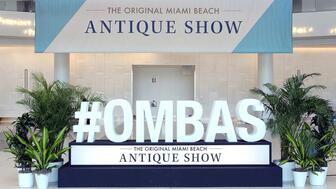
The show will be held March 26-30 at the Miami Beach Convention Center.
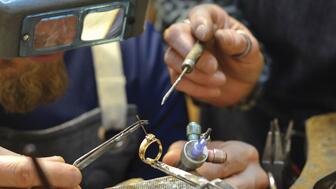
Launched in 2023, the program will help the passing of knowledge between generations and alleviate the shortage of bench jewelers.
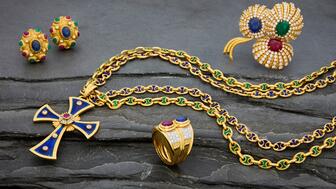
The estate of the model, philanthropist, and ex-wife of Johnny Carson has signed statement jewels up for sale at John Moran Auctioneers.


Are arm bands poised to make a comeback? Has red-carpet jewelry become boring? Find out on the second episode of the “My Next Question” podcast.
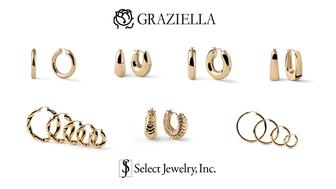
It will lead distribution in North America for Graziella Braccialini's new gold pieces, which it said are 50 percent lighter.
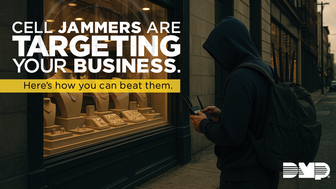
Criminals are using cell jammers to disable alarms, but new technology like JamAlert™ can stop them.
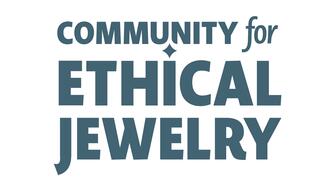
The organization is seeking a new executive director to lead it into its next phase of strategic growth and industry influence.

The nonprofit will present a live, two-hour introductory course on building confidence when selling colored gemstones.
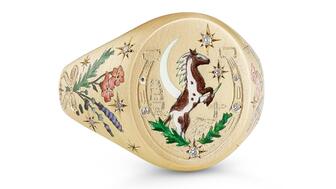
Western wear continues to trend in the Year of the Fire Horse and along with it, horse and horseshoe motifs in jewelry.
![A peridot [left] and sapphires from Tanzania from Anza Gems, a wholesaler that partners with artisanal mining communities in East Africa Anza gems](https://uploads.nationaljeweler.com/uploads/cdd3962e9427ff45f69b31e06baf830d.jpg)
Although the market is robust, tariffs and precious metal prices are impacting the industry, Stuart Robertson and Brecken Branstrator said.

Rossman, who advised GIA for more than 50 years, is remembered for his passion and dedication to the field of gemology.

Guthrie, the mother of “Today” show host Savannah Guthrie, was abducted just as the Tucson gem shows were starting.
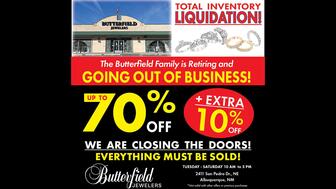
Butterfield Jewelers in Albuquerque, New Mexico, is preparing to close as members of the Butterfield family head into retirement.
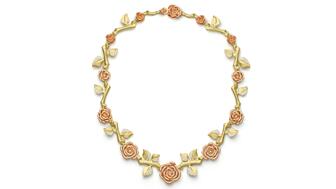
Paul Morelli’s “Rosebud” necklace, our Piece of the Week, uses 18-karat rose, green, and white gold to turn the symbol of love into jewelry.

The nonprofit has welcomed four new grantees for 2026.

Parent company Saks Global is also closing nearly all Saks Off 5th locations, a Neiman Marcus store, and 14 personal styling suites.
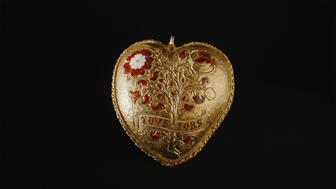
It is believed the 24-karat heart-shaped enameled pendant was made for an event marking the betrothal of Princess Mary in 1518.
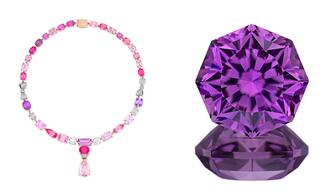
The AGTA Spectrum and Cutting Edge “Buyer’s Choice” award winners were announced at the Spectrum Awards Gala last week.
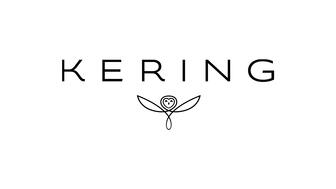
The “Kering Generation Award x Jewelry” returns for its second year with “Second Chance, First Choice” as its theme.
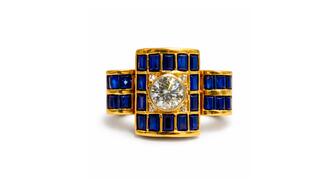
Sourced by For Future Reference Vintage, the yellow gold ring has a round center stone surrounded by step-cut sapphires.
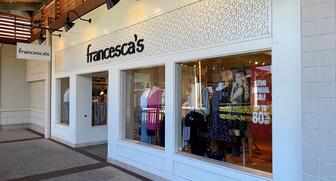
The clothing and accessories chain announced last month it would be closing all of its stores.

The “Zales x Sweethearts” collection features three mystery heart charms engraved with classic sayings seen on the Valentine’s Day candies.

The event will include panel discussions, hands-on demonstrations of new digital manufacturing tools, and a jewelry design contest.

Registration is now open for The Jewelry Symposium, set to take place in Detroit from May 16-19.
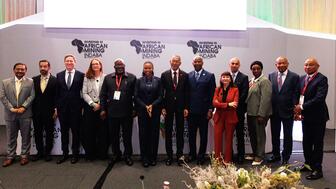
Namibia has formally signed the Luanda Accord, while two key industry organizations pledged to join the Natural Diamond Council.




